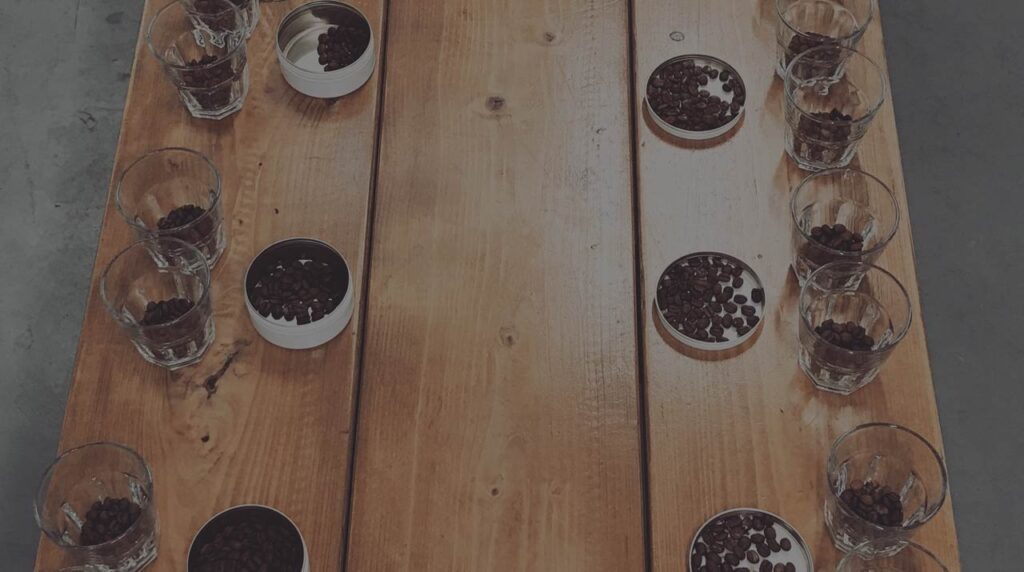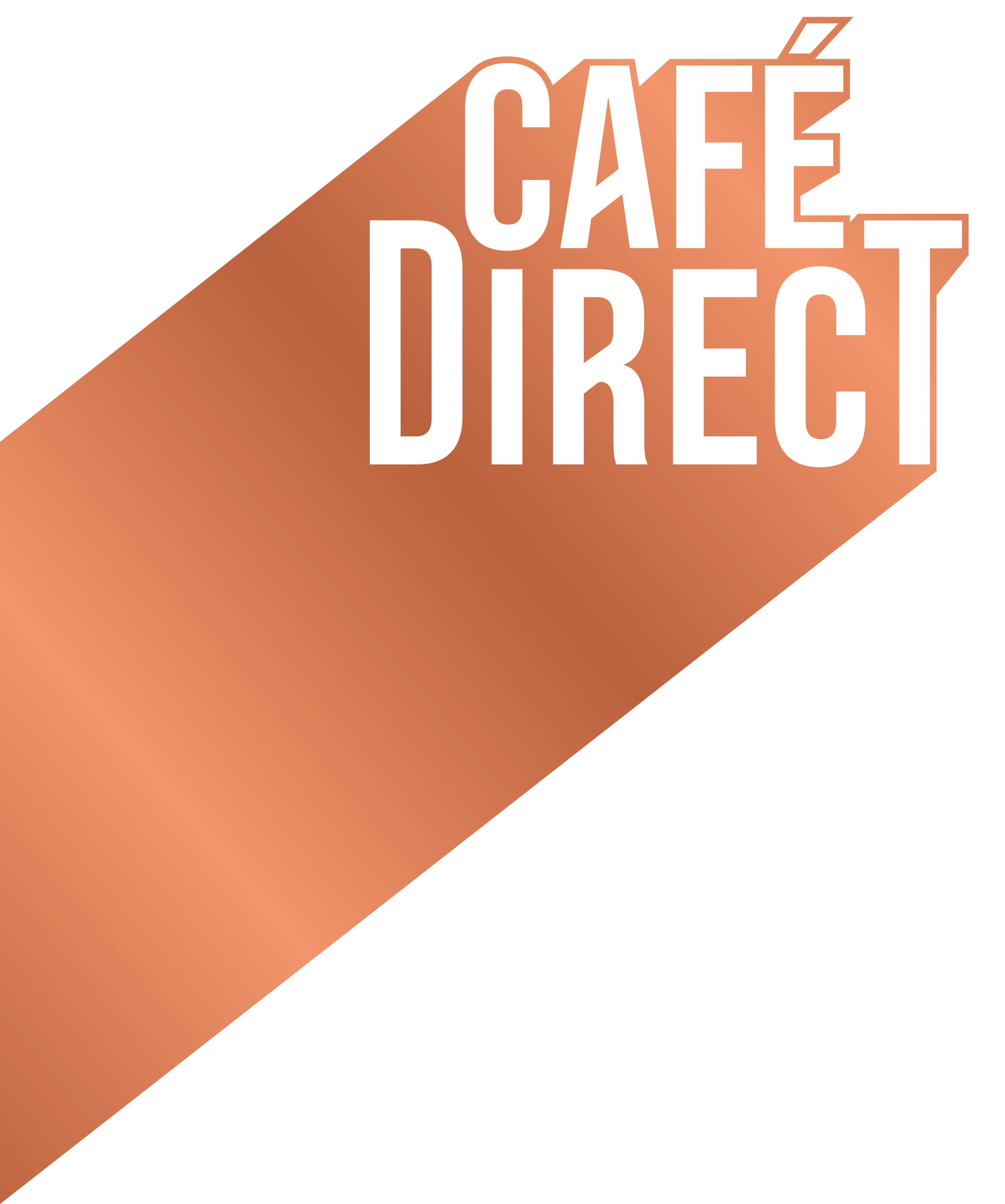
What is coffee cupping and how does it feature in speciality coffee?
Specialty coffee is classified as any coffee that has a SCA score of 80 or more and is free of any primary defects within a 350g sample. SCA stands for the Specialty Coffee Association and they have developed a method for grading and scoring coffee. Those who are qualified graders and who can legally post their scores are called Q graders. This grading involves an inspection of the green and roasted coffee and an assessment of the roasted coffee known as coffee cupping.
It’s important to perform this cupping test as a way of evaluating the aromas and flavours of the coffee, even more so to determine if the coffee is defective or not.
The method of coffee cupping is universal and everyone can do it. No special coffee equipment is needed: just a set of cups, some hot filtered water and a great batch of coffee. The standardised protocol is easy to follow:
- Place 5 cups of each coffee, ground to a coarse level, and proceed to smell the coffee to determine fragrance. 5 cups are used to identify any defects or lack of uniformity between each cup.
- Pour hot filtered water into the different cups, ensuring an equal amount of water in each cup.
- After four minutes, a crust is created on top of the cups, which must be broken. This “break” is an important time to assess the aroma after which point the remaining crust will be cleaned off the surface
- Next it’s time to slurp – for real. In order to determine flavour, aftertaste, acidity, body, balance and any coffee defects, it’s important to actually slurp each sip. This will help spray the coffee across your palate, which will enable the aromas to reach your nasal receptors. Slurping helps to determine even the most subtle aromas and flavour.
- Each of these individual steps needs to be scored, which then adds up to a final coffee score. As mentioned before: a speciality coffee needs to score at least 80 out of 100. Also, by scoring different roasts of the same coffee, a roaster can choose the best roast to then reproduce and sell.
The Cafedirect coffee subscription UK team has two Q-graders, who also roast and pack the coffee in London Fields. The Q-grade certification means they have passed 20 tests over a period of three days, which include sensory, olfactory, cupping and triangulation skills and identification of organic acids. It demands a lot of cupping practise in order to be able to identify coffee defects.
The programme is run by the coffee quality institute and the purpose is to enable coffee professionals around the world to have the same method of evaluating coffee. A Q grader in Brazil should be calibrated in how they score with a Q grader in Sumatra. In this way a universal language to evaluate and discuss coffee has been implemented.


25% off
your next order
Enjoy the world's best coffee, freshly roasted & delivered to your door. Sign up to our mailing list for a welcome pack and 25% off your next Cafédirect order!

Thanks for
joining our
mailing list
A welcome pack is on its way and you get 25% off your next Cafédirect order!
